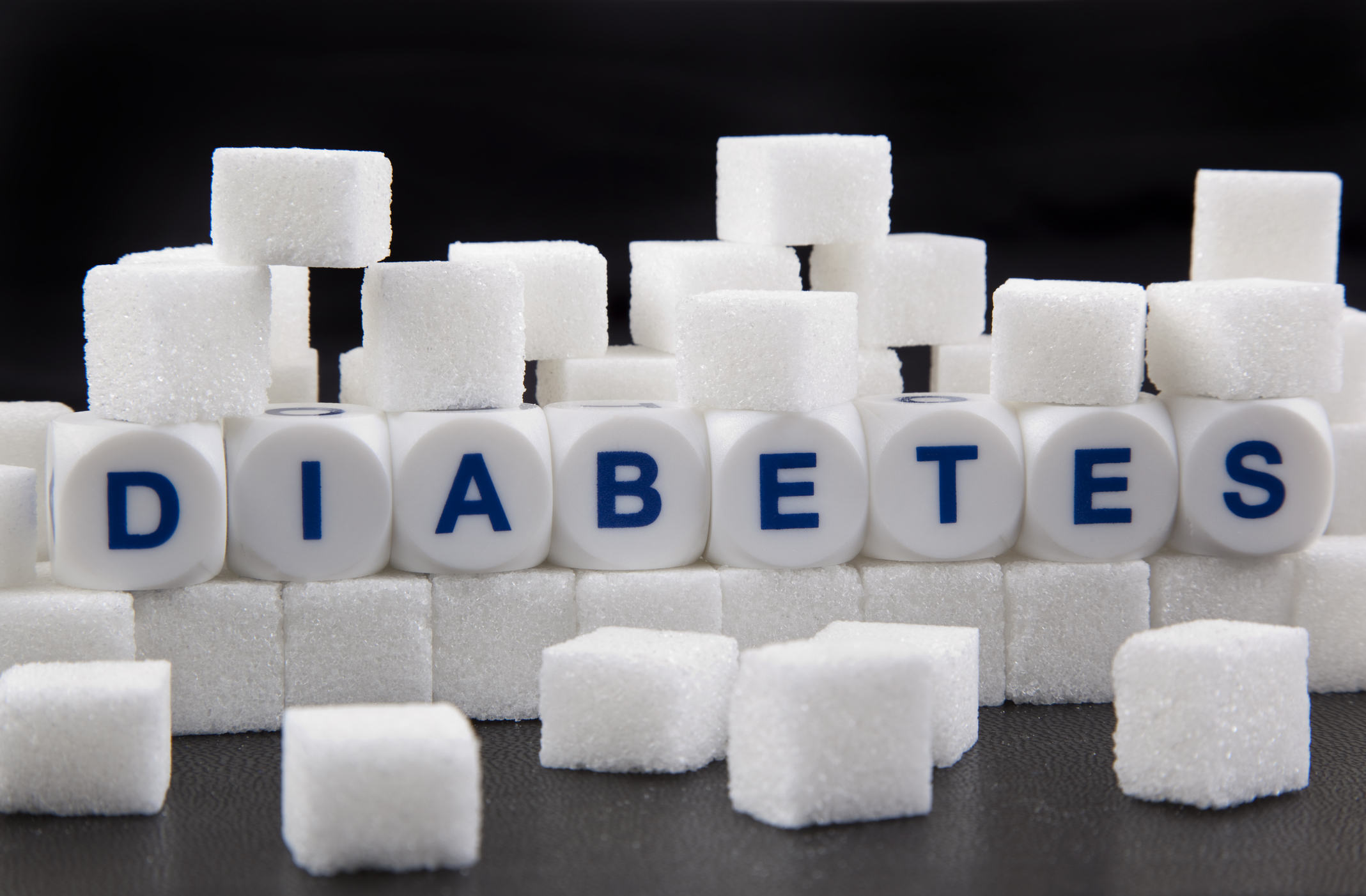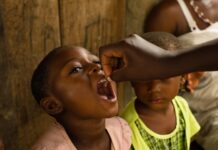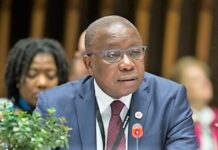
Kuami and his twin sister were abandoned by their mother and father at the hospital immediately after delivery.
Their grandfather has since been taking care of them.
However, Kuami, a graduate of EP senior High School was diagnosed of type 1 diabetes in 2022.
He has since lived on insulin but due to financial difficulties Kuami is unable to afford the medicine.
“In August 2022, I was in shop then I was feeling that I want to urinate so I went to urinate when I came back, I was thirsty then I drink water then few minutes I was hungry then I ate so how the thing was going my grandfather said I should go to hospital .When we went they said it is diabetes so they gave me insulin to use everyday but my grandfather said he doesn’t have money to buy the insulin, one is ghc100 so he stopped buying the insulin. So I need help I want people to help me .My manhood is not working now that is worrying me” Kuami said.
Type 1 diabetes, once known as juvenile diabetes or insulin-dependent diabetes, is a chronic condition in which the pancreas produces little or no insulin by itself.
For Kuami and other people living with diabetes, access to affordable treatment, including insulin, is critical to their survival.
Eastern Regional Health Directorate I concerned over alarming increase of type 1 diabetes among children.
The health directorate estimates that about 1 in 100 children in the region have type 1 diabetes which is expected to increase in the coming years.
Dr. Abigail Doduwah Sackey ,Eastern Region none-communicable disease coordinator said the situation is disturbing given that children with type 1 diabetes require lifelong management including regular monitoring of blood sugar levels, healthy lifestyle and insulin therapy which is very expensive and inaccessible in parts of the country leaving such children to their fate.
“According to recent studies, prevalence of type 1 diabetes in Eastern region is increasing at an alarming rate. It is estimated that about 1 in 100 children in the region have type 1 diabetes, and this number is expected to increase in the coming years. This is a cause for concern, as type 1 diabetes can have a significant impact on the quality of life of those affected, and can also place a heavy burden on the healthcare system. Children with type 1 diabetes require lifelong management, including regular monitoring of blood sugar levels, insulin therapy and healthy lifestyle”
She stated that, generally, there are about 150,000 people in Ghana living with diabetes and a significant proportion of these have type 1 diabetes but “unfortunately, insulin can be expensive and difficult to access in some parts Ghana, which can make it challenging for people with type 1 diabetes to manage their condition. Hence the need for early diagnosis and treatment to prevent complication”.
Nsawam based non-governmental organization, Ark Development organization (ADO) has therefore secured funding from Panorama Global T1D Community Fund to implement a two year community based intervention titled “Diabetes Support Program” with main focus on advocacy , wellbeing and holistic support, financial assistance,and livelihood support for persons with type 1 diabetes in Ayensuano, Nsawam- Adoagyiri and Suhum Municipalities.
Launching the project at Nsawam, the Executive Director of Ark Development Organization (ADO) Emmanuel Kwarfo Mintah, said “research conducted by the organization on Type 1 Diabetes in the selected municipalities and district revealed that due to poverty many patients with type 1 diabetes are unable to access insulin and adhere to dietary advice.
“High cost of medicines, especially at this time of very high inflation and exchange rates, difficulty in accessing treatment services because services are mostly available at urban centres, bad roads and high cost of transportation contribute to the challenges with access to essential services required for T1D patients.”
He said the project therefore intends to use innovative approaches through education by throwing more light on Type 1 Diabetes and help its patients with access to proper healthcare services for treatment and medication.
“We are of the belief that people living with Type 1 Diabetes must have access to adequate resources for its treatment and health care services. As part of this project, we will be conducting health screenings for the members of the MMDAs selected to identify such cases with the help of Ghana Health Service. We will also educate on how to avoid contracting the Type 2 Diabetes through proper management of our various lifestyles. That patients living with T1D live healthy lives, do proper diabetes self-management well and eventually reduce T1D morbidity in the project districts”.
Health Directors in Suhum and Nsawam municipalities lamented how financial challenges have become barrier to availability and accessibility to insulin for treatment of type 1 diabetes among patients in the municipalities therefore lauded the intervention.
Dr. Abigail Doduwaa Sackey, Eastern Region Non-communicable diseases Coordinator commended Ark Development organization for the project which she says will complement effort by Ghana Health Service in dealing with the rising cases of type 1 diabetes.
She said the health directorate is in the process of establishing more wellness centers across the region to encourage regular testing for non-communicable diseases for early diagnosis and treatment.
The World Health Organization has said, the number of people with diabetes for instance rose from 108 million in 1980 to 422 million in 2014.
Prevalence has been rising more rapidly in low- and middle-income countries than in high-income countries.
Diabetes is a major cause of blindness, kidney failure, heart attacks, stroke and lower limb amputation.
Between 2000 and 2019, there was a 3% increase in diabetes mortality rates by age.
In 2019, diabetes and kidney disease due to diabetes caused an estimated 2 million deaths.
Source: Ghana/Starrfm.com.gh/103.5FM/Kojo Ansah


